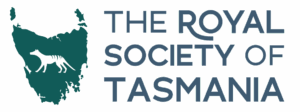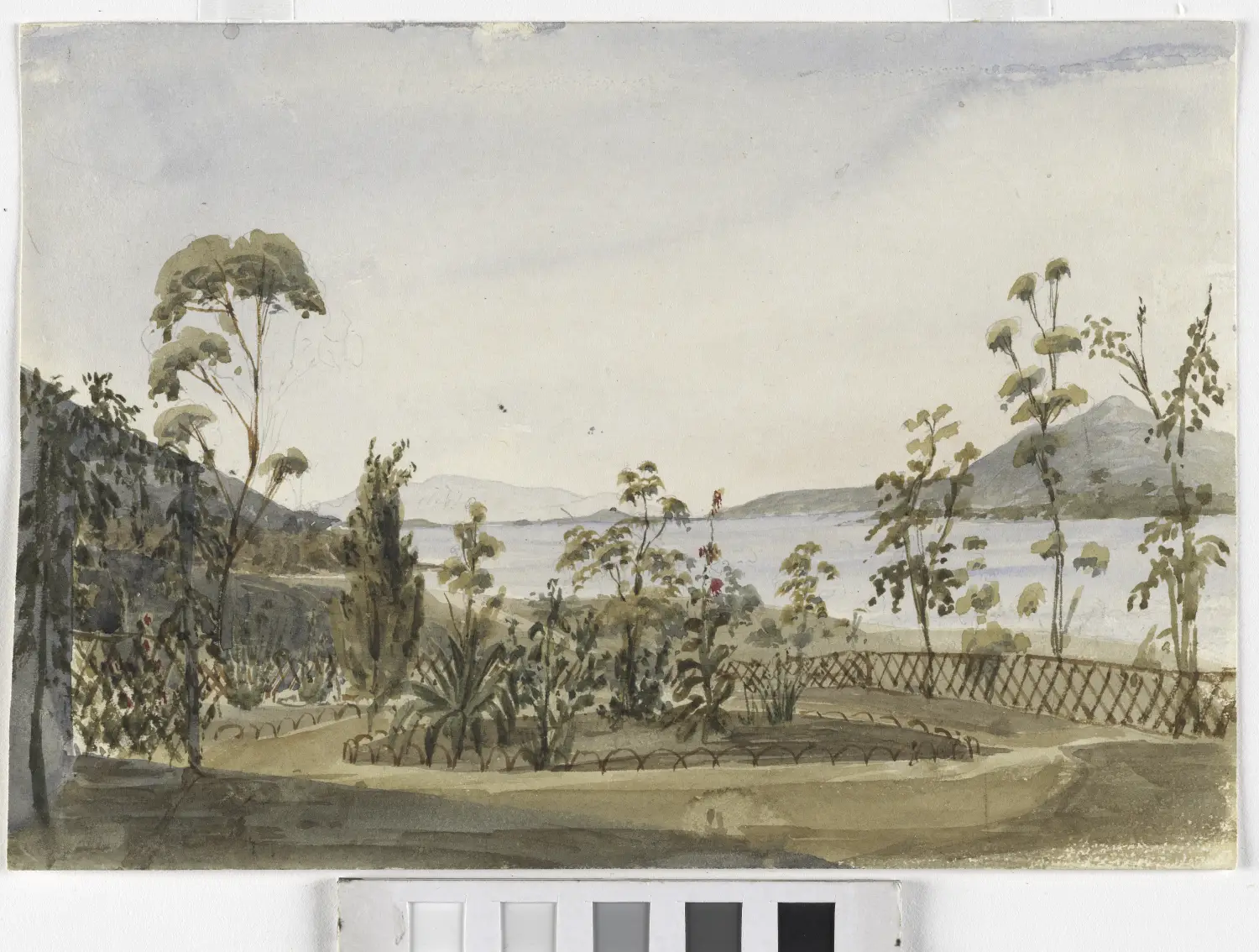Nominations for the RST Annual Doctoral (PhD) Awards open on 1 October 2025. Two awards are offered for recent PhD graduates who have made significant advances in the course of their doctoral research. The value of each award is $1,000 (AUD).

RST Apology to Tasmanian Aboriginal people 2021.




